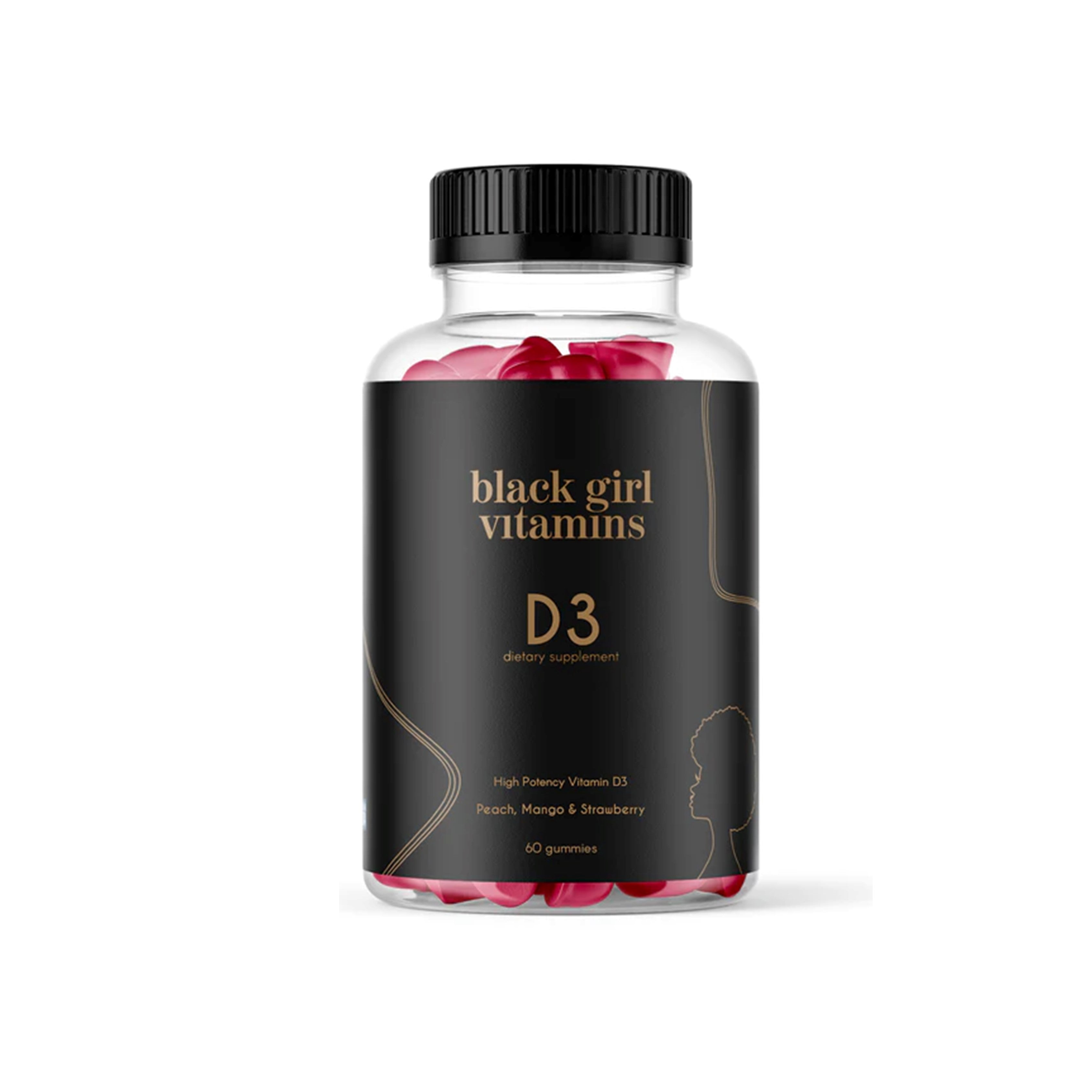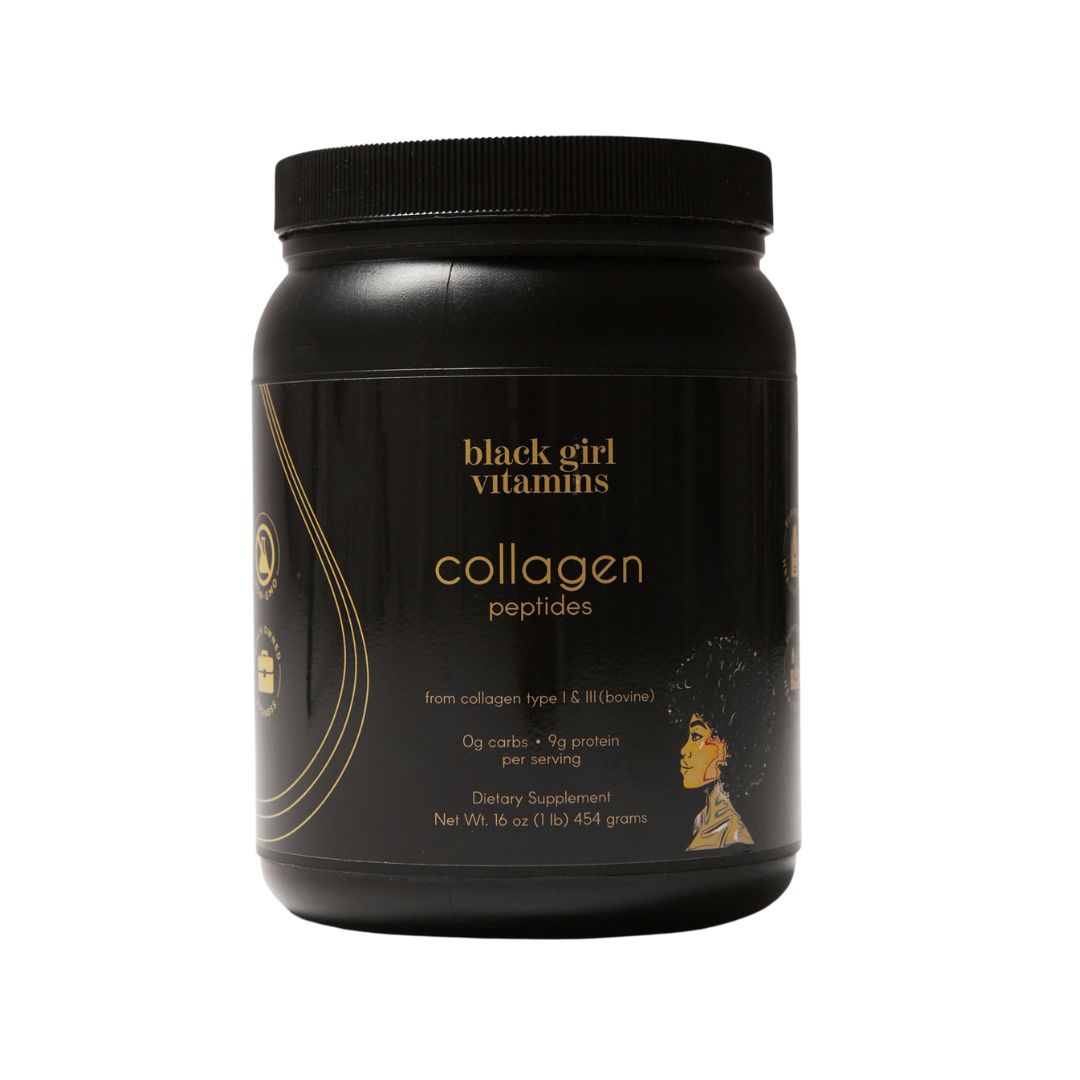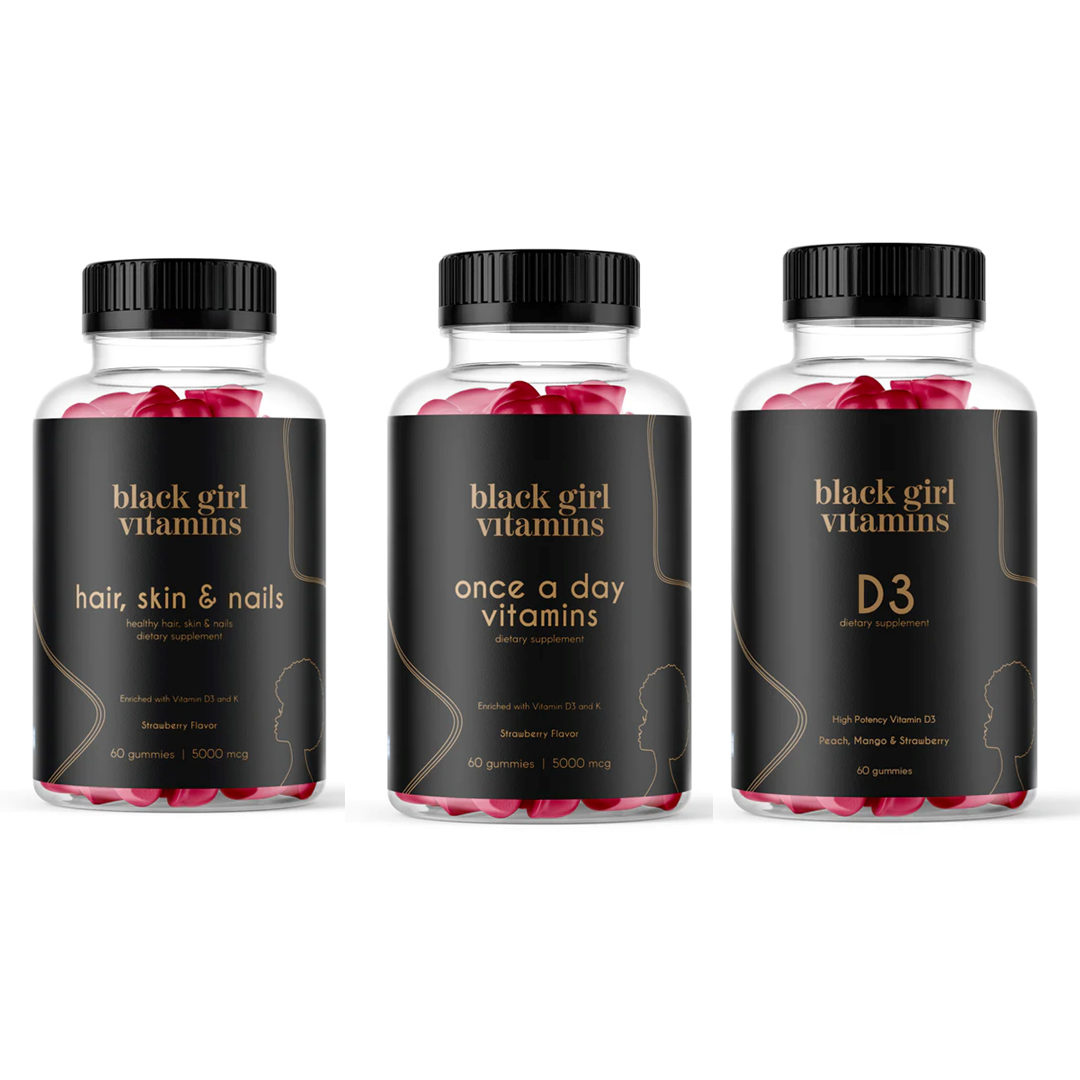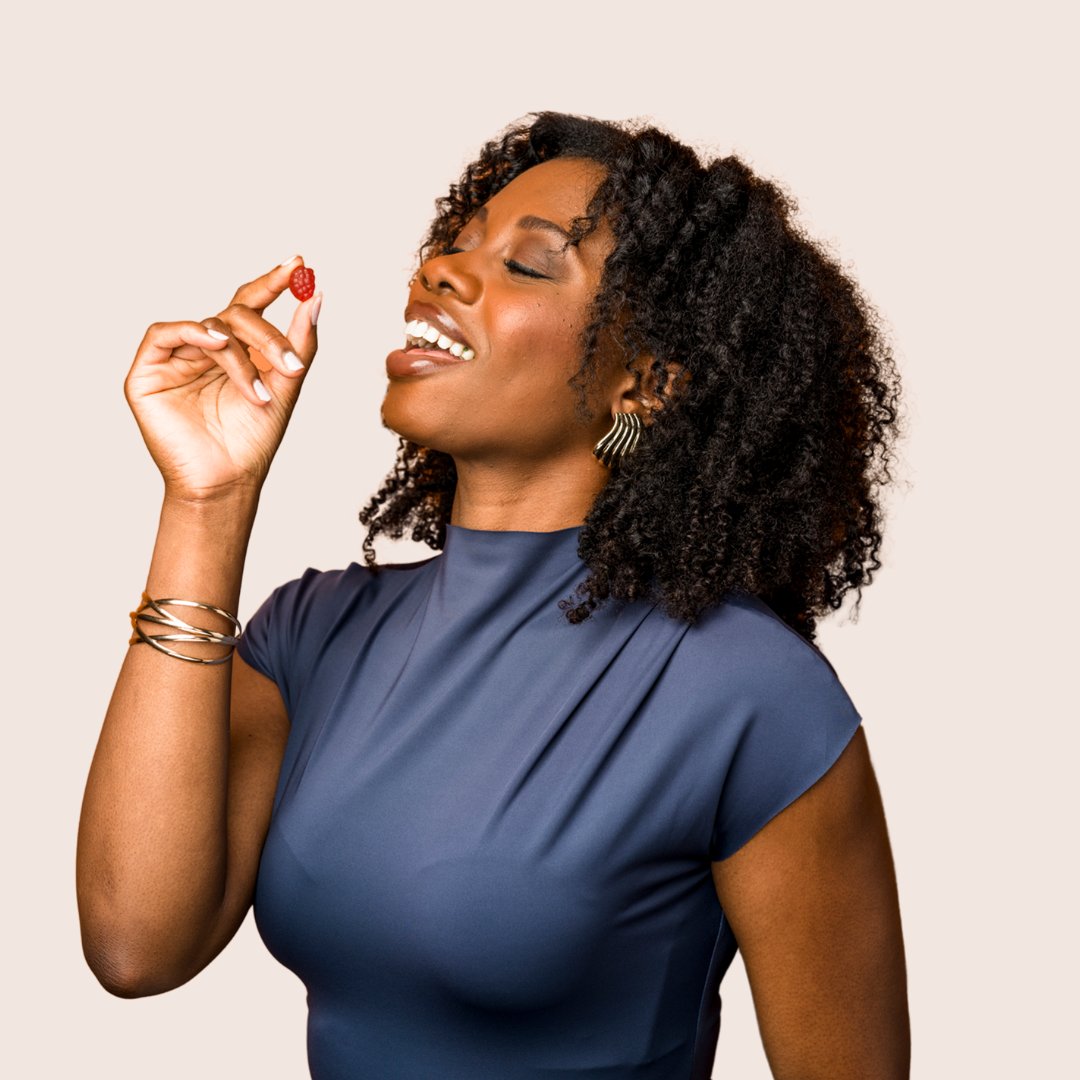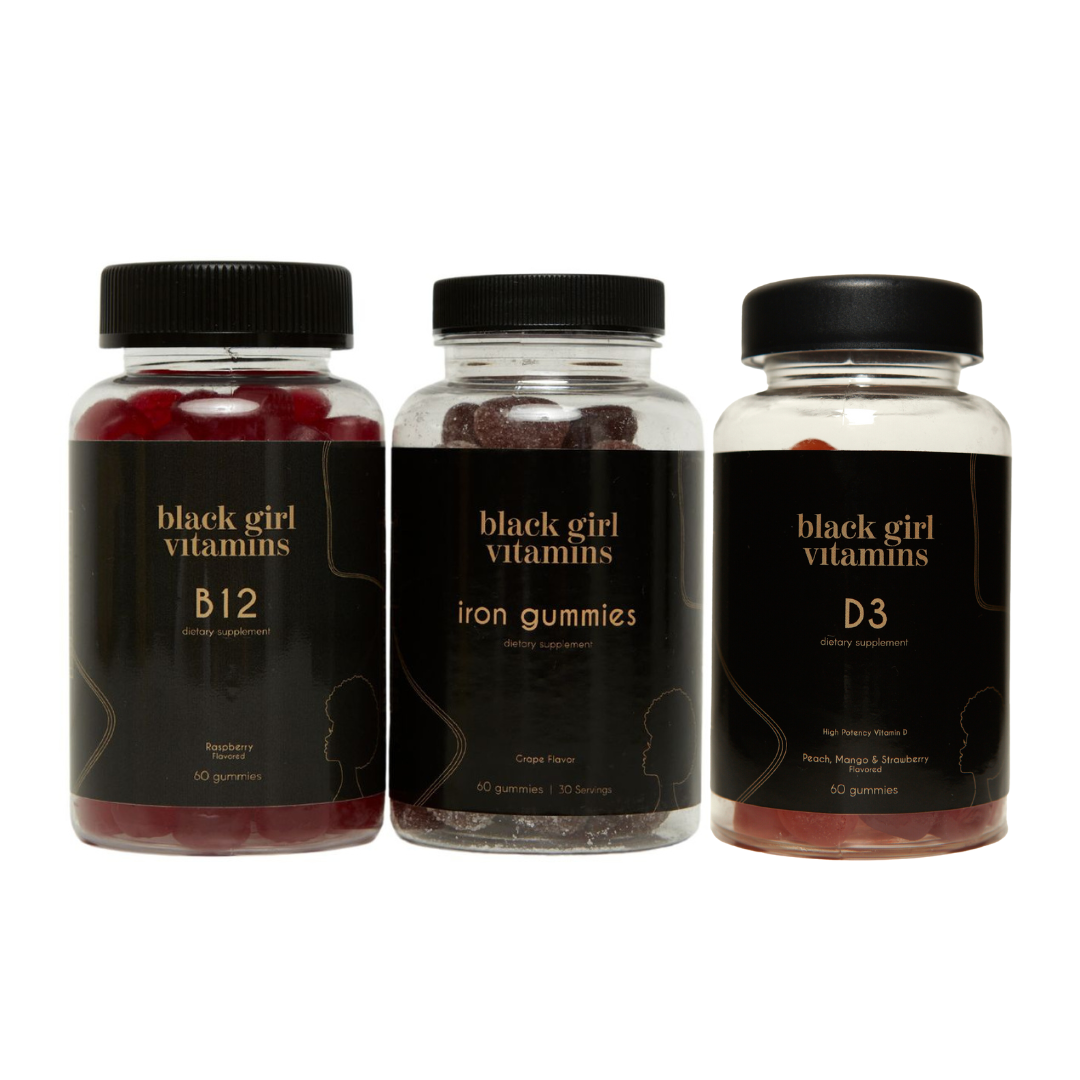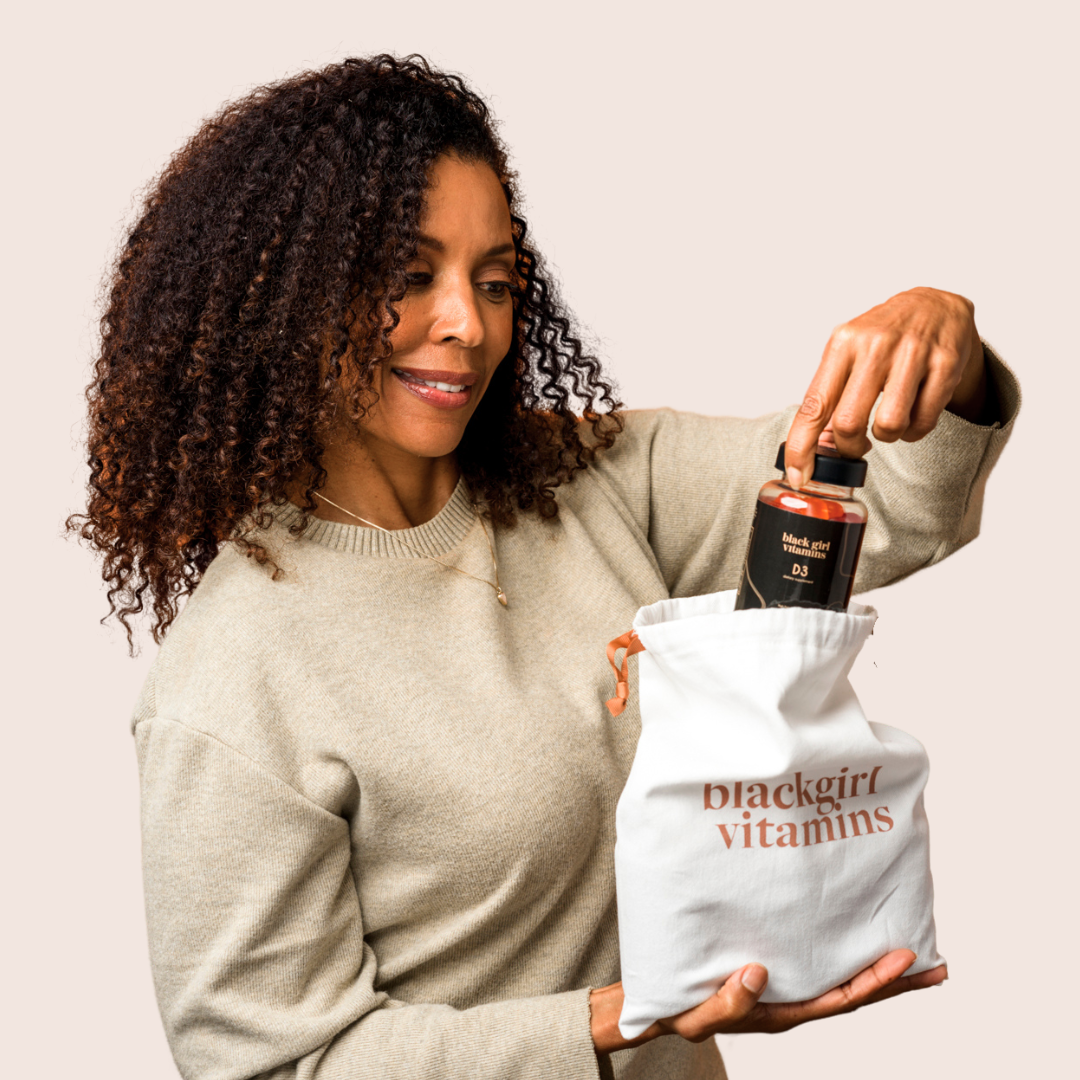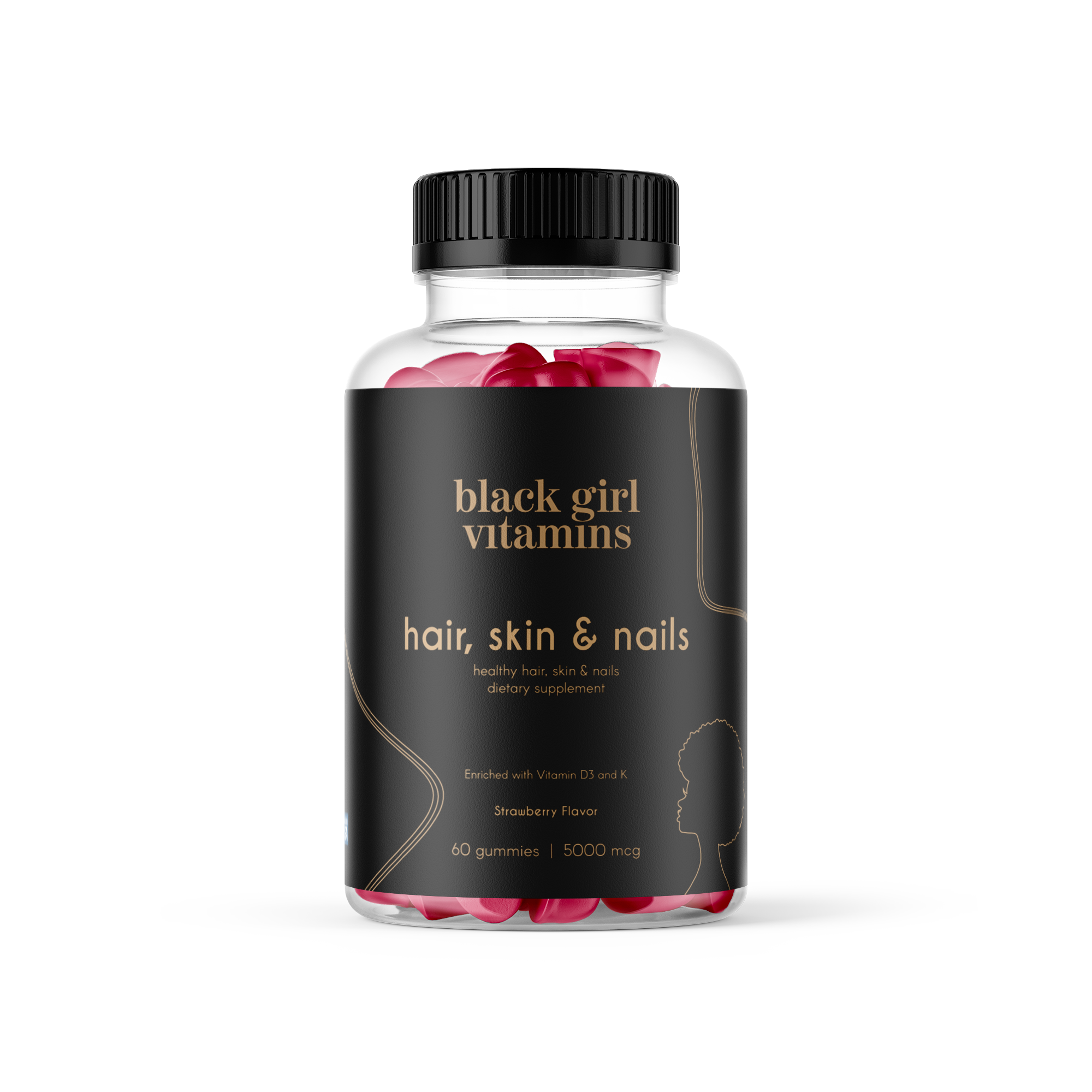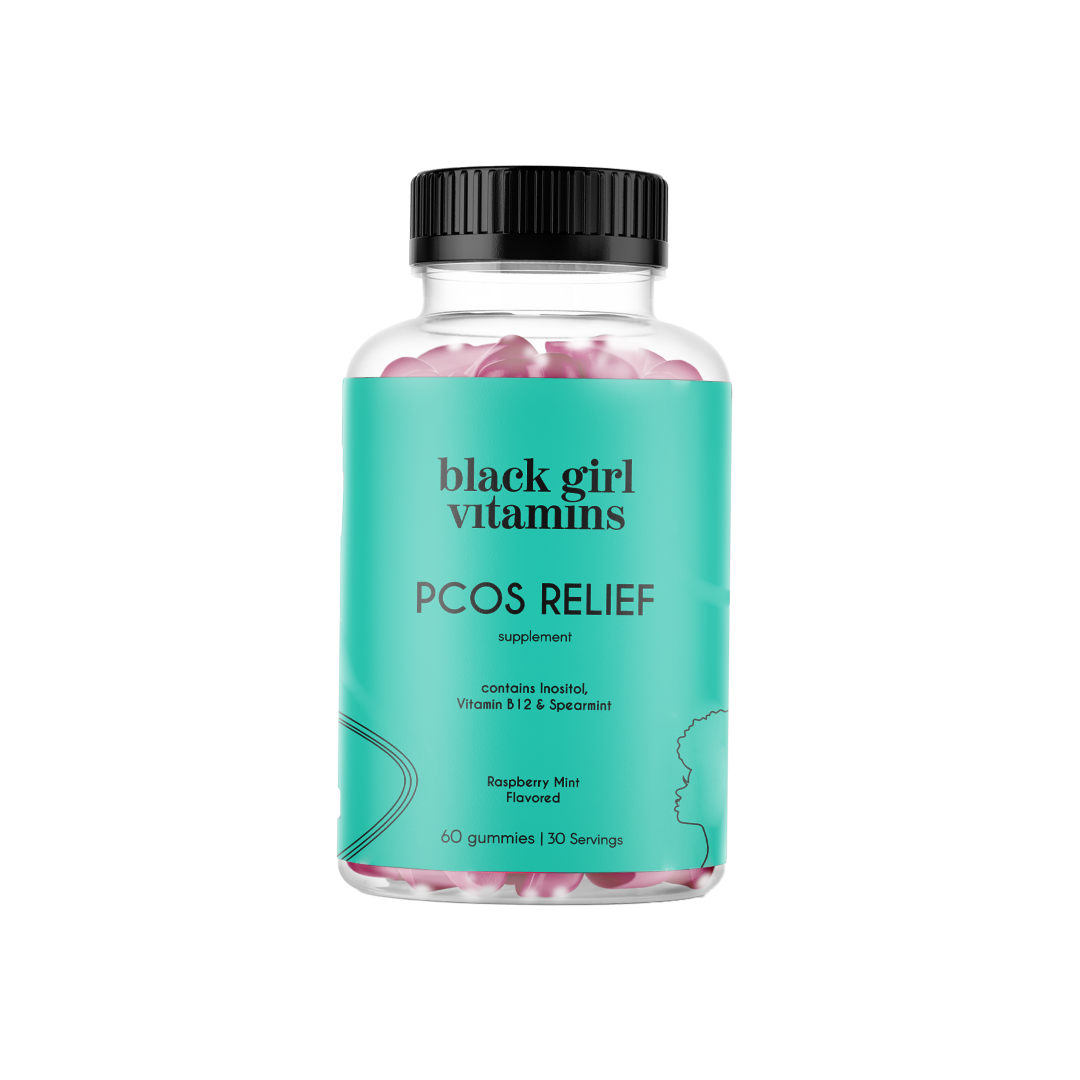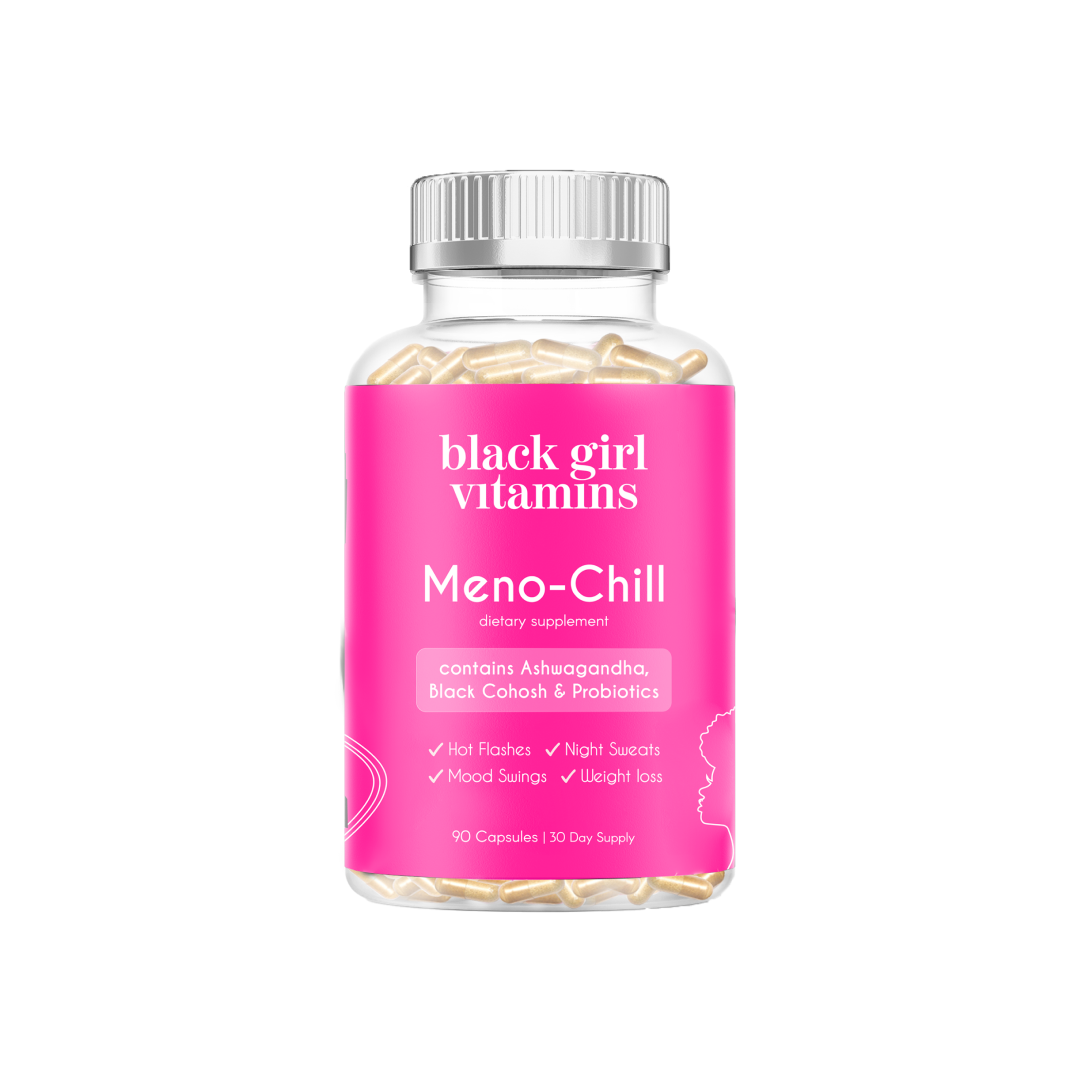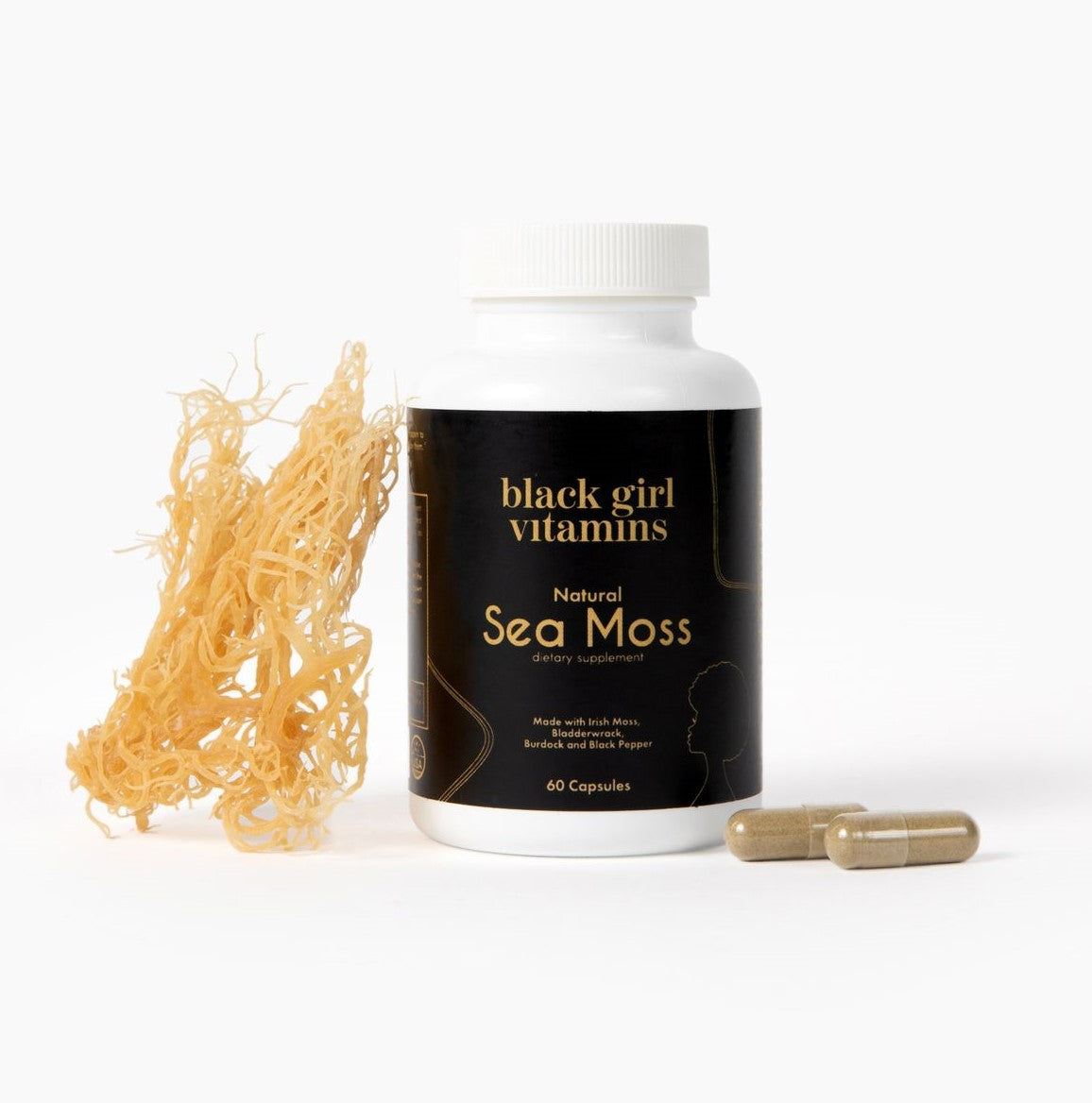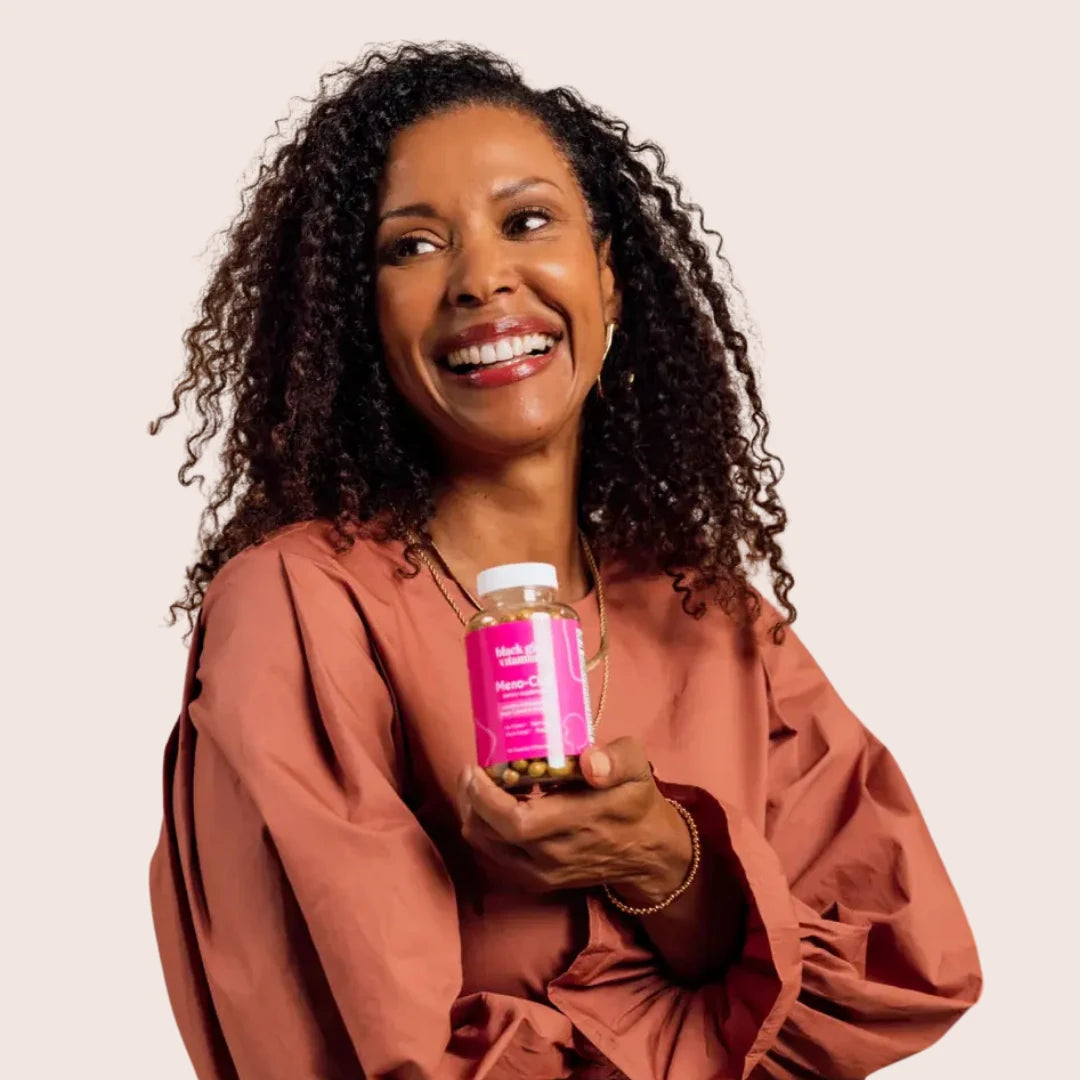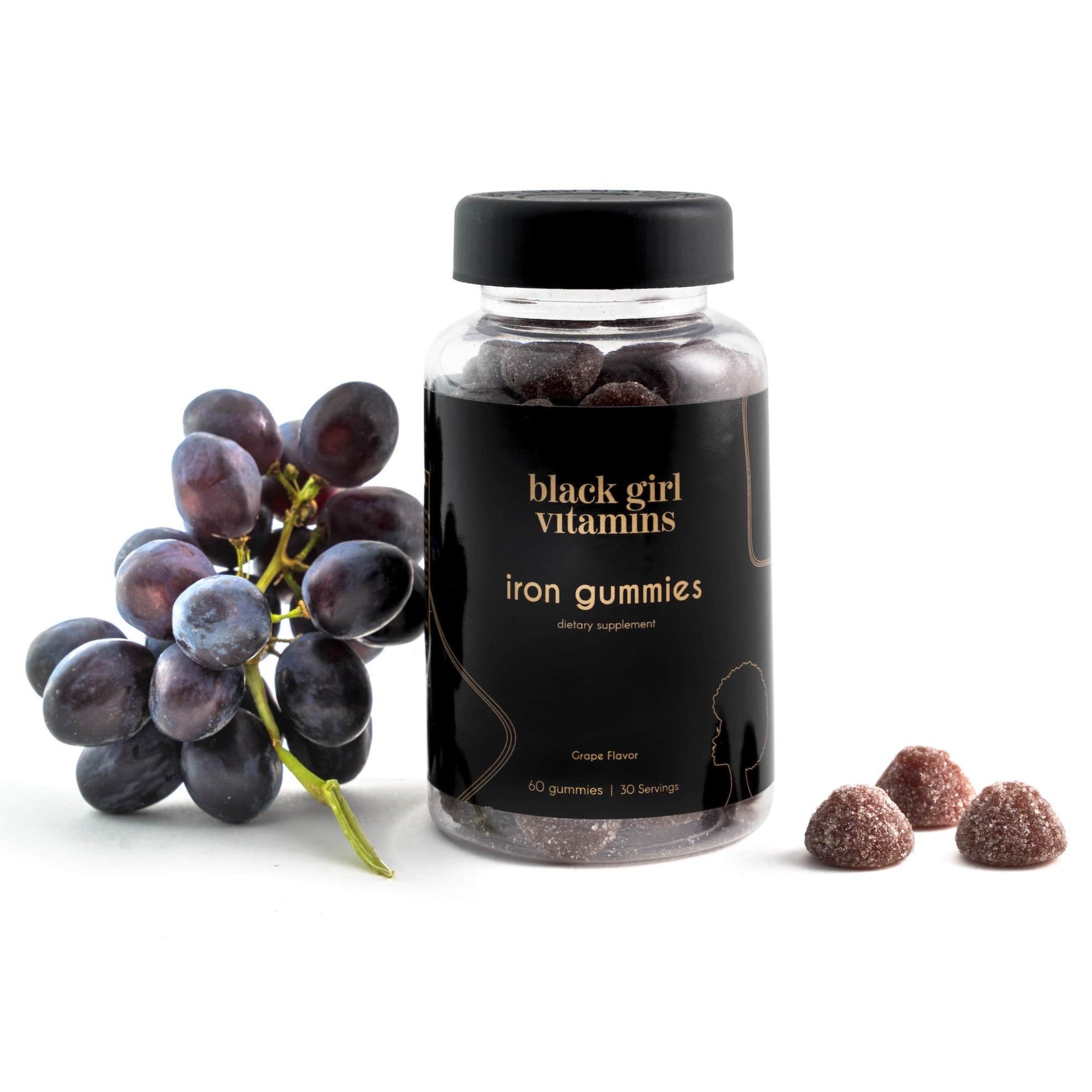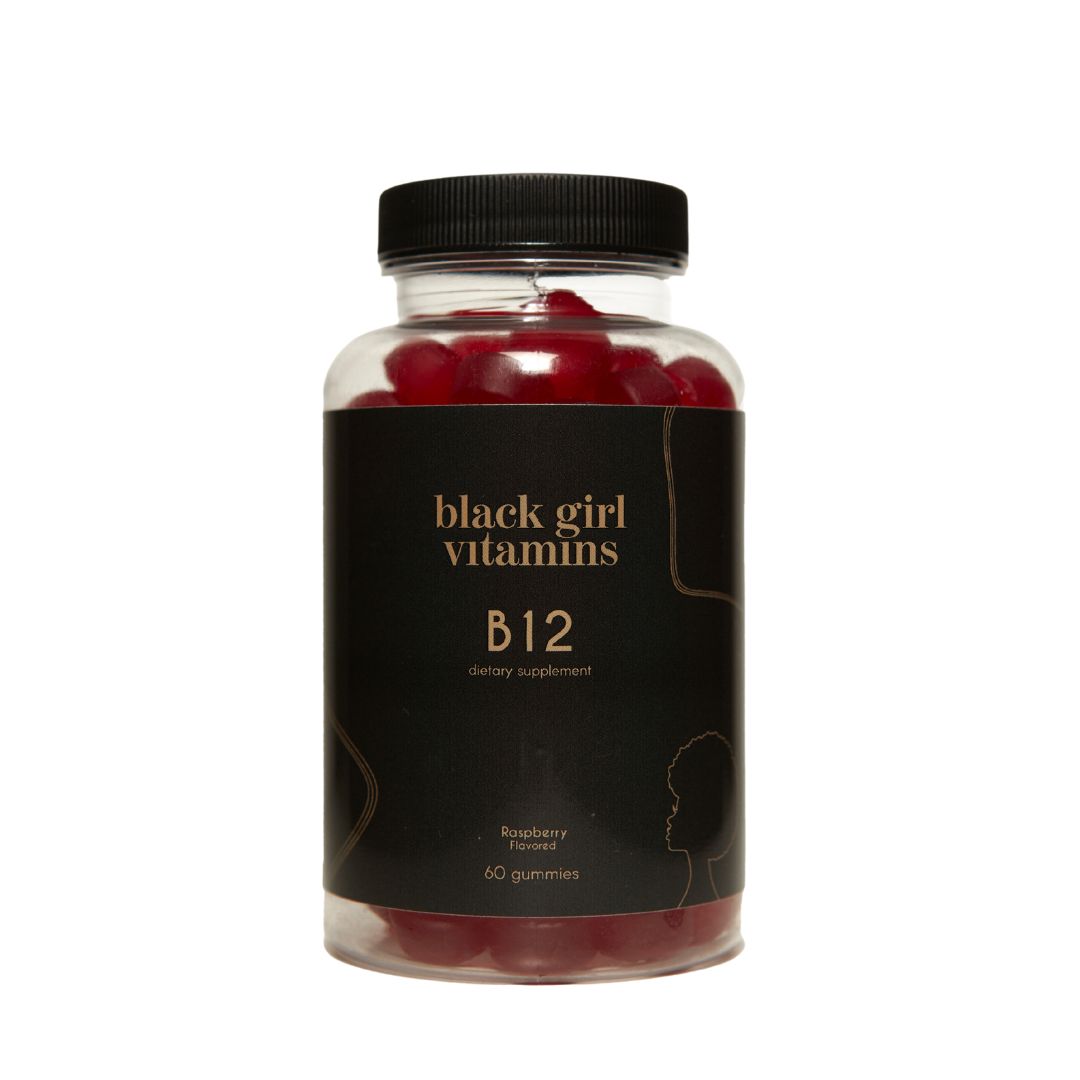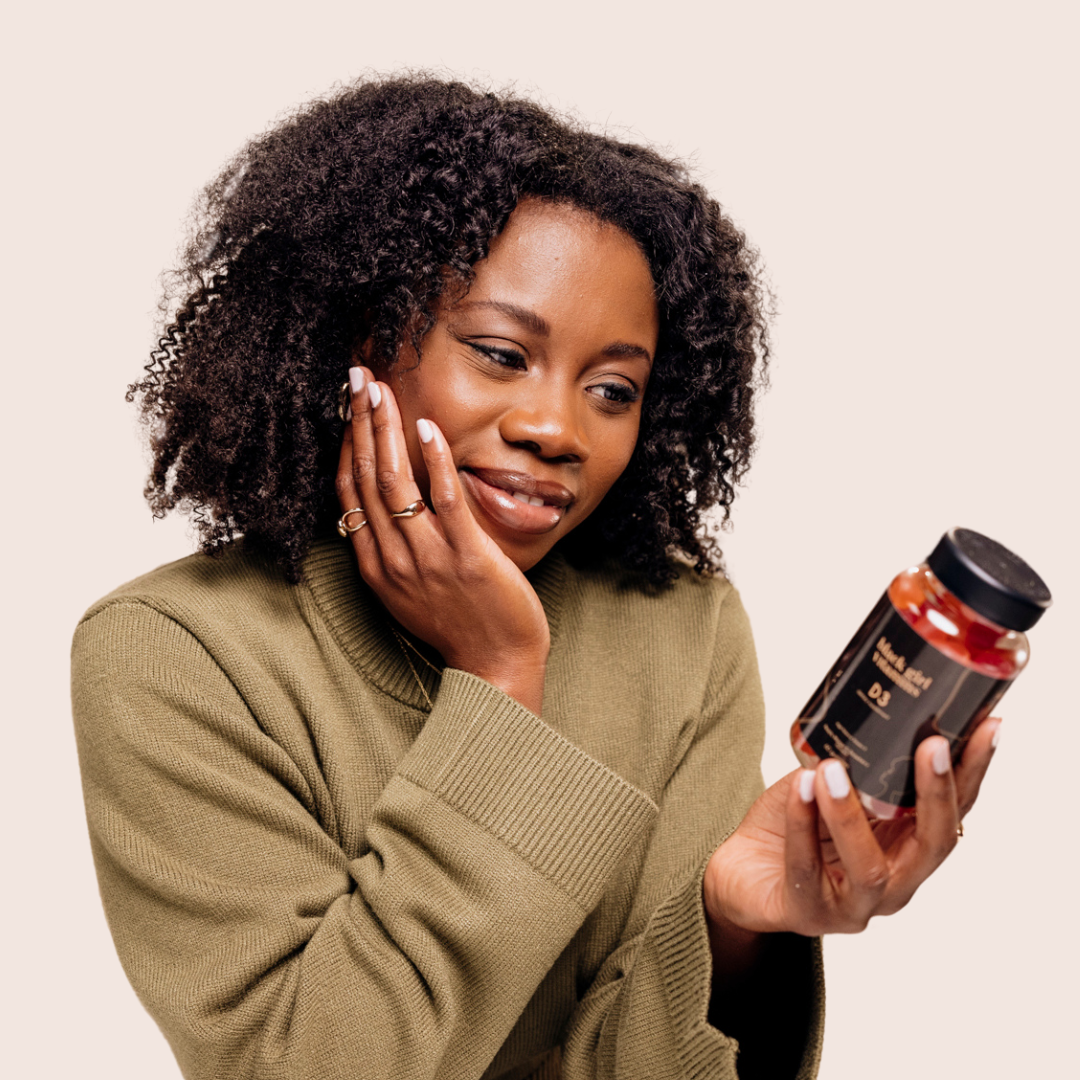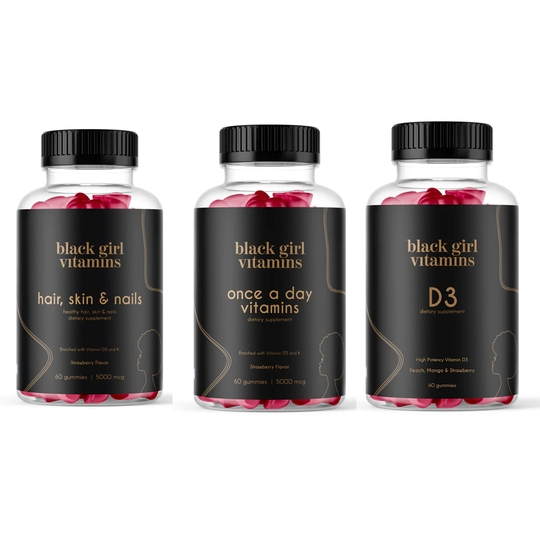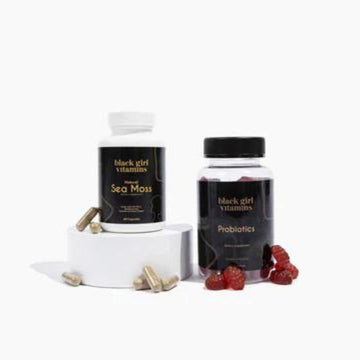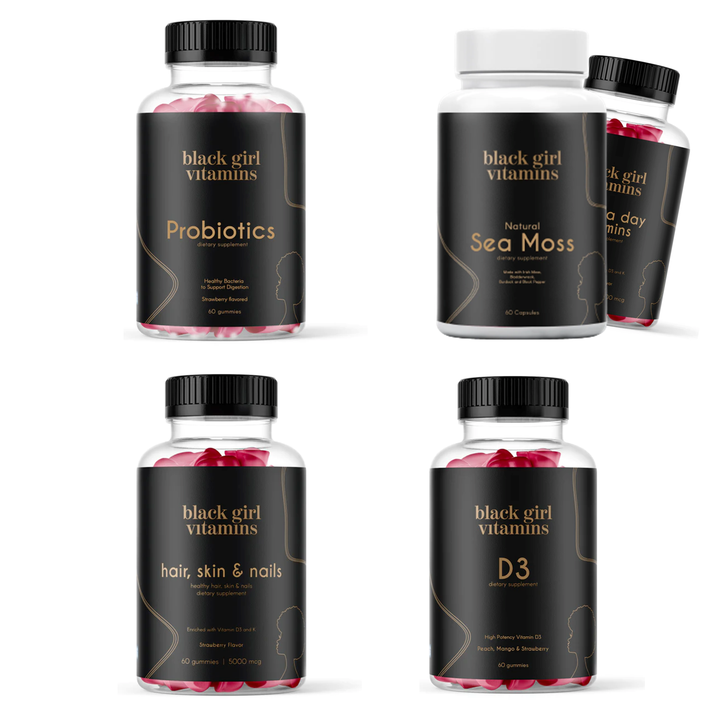Iron Deficiency and Black Women
If you often feel tired and out of breath, we need to talk about iron deficiency anemia. Anemia is a widespread condition that affects millions of people worldwide, particularly women. It is a condition where the body lacks enough red blood cells to carry oxygen to the body's tissues.
Iron deficiency anemia is a specific type of anemia that is caused by your body not having enough iron to make healthy red blood cells. Left untreated, it can cause a range of medical conditions, including heart problems, pregnancy complications, pica, and neurological issues.
While these problems are preventable with diagnosis and treatment, most Black women don’t realize they’re at higher risk of developing iron deficiency anemia.
Why Are Black Women at Higher Risk of Iron Deficiency Anemia?
The higher rate of anemia in Black women is due to a combination of factors. One of the main contributing factors is nutritional deficiencies. Many Black women have diets that are low in iron, vitamin B12, and folic acid, which are essential nutrients to produce red blood cells.
As a Black woman, you’re also more likely to have heavy menstrual periods. A heavier flow means more blood loss — and more iron loss, too. This is still the case even if you have a relatively low flow, but menstruate for longer than a week.
Another factor is chronic illnesses such as diabetes, fibroids, and obesity. These conditions can contribute to anemia and make it more difficult for the body to produce red blood cells. Additionally, poverty and limited access to healthcare due to socioeconomic status can hinder Black women's ability to receive proper treatment for anemia.
What’s the Difference Between Iron Deficiency and Iron Deficiency Anemia?
Iron deficiency and iron deficiency anemia are related, but not the same. When you have a deficiency, it means you don’t have enough. Iron deficiency anemia is a more severe iron deficiency. It means your deficiency has become so severe it is hurting your ability to make red blood cells.
Your body needs iron to function properly. Your body can’t make enough hemoglobin if you don't have enough iron, and this can contribute to the symptoms of iron deficiency anemia.
What Anemia Symptoms Should I Watch Out For?
Anemia signs and symptoms include fatigue, lightheadedness, weakness, and shortness of breath. Other symptoms you should watch for are restless legs syndrome, hair loss, and trouble concentrating. If these symptoms are familiar, you should talk to your doctor and get checked out.
In severe cases, anemia can result in heart problems and even death. While anemia affects all populations, Black women are particularly vulnerable to this condition. Research has shown that Black women have higher rates of anemia compared to white women. This disparity is a cause for concern, as anemia can have serious consequences on overall health and quality of life.
How Is Iron Deficiency Anemia Diagnosed and Treated?
There are two blood tests your doctor will most likely ask for to check the amount of iron in your blood. A complete blood count (CBC) test can measure your blood cell counts, including your hemoglobin levels, to determine if you have it. They may also want to do a test to determine your ferritin levels and measure the iron levels in your body.
Once you have been diagnosed, your doctor will help you identify the cause and create a treatment plan. They may recommend you take iron supplements to build up the iron stores in your body. You may also be advised to make some dietary changes to increase your body’s iron through the food you eat.
There are also various treatment options available for anemia, including a combination of dietary changes, such as increasing iron, vitamin intake and medication to increase the production of red blood cells. In severe cases, a blood transfusion may be necessary.
How Can I Get Sufficient Iron From My Diet?
Making dietary changes may help manage iron deficiency anemia. As you might suspect, the key strategy is to increase the iron-rich foods in your menu. There are two main types of iron you can get through food: heme iron and non-heme iron.
Heme Iron Foods
Heme iron foods make it easier for your body to absorb the iron in the food:
- Poultry
- Red meat
- Fish
Non-Heme Iron Foods
Improve your body’s ability to absorb iron from these foods by enjoying a rich source of vitamin C, like broccoli or orange juice with it:
- Lentils
- Beans
- Leafy greens
What Foods Make It More Difficult To Absorb Iron?
Some foods, like eggs, make it more difficult for your body to absorb iron. If you don’t want to eliminate those foods from your diet entirely, you can try eating them at least an hour before or after you have iron-rich foods.
Aside from eggs, there are six types of food you should watch out for:
Calcium-Rich Foods:
If you eat too much of any dairy products, they can reduce your body’s ability to absorb both heme and non-heme iron:
- Milk products
- Collard greens
- Broccoli
High-Phytate Foods:
These high-phytate foods can block your iron-absorption:
- Cereals
- Nuts
- Legumes
Oxalate Foods:
Watch out for these types of foods when you’re eating non-heme iron-rich foods:
- Kale
- Beets
- Herbs: Oregano and basil
Polyphenol-Rich Foods:
Some of these polyphenol-rich foods can block between 60-90% of iron absorption:
- Cocoa
- Coffee
- Fruits: Apples and berries
Foods Made of Soy:
Soy products reduce your body’s ability to absorb iron, especially from non-heme foods:
- Soy milk
- Tempeh
- Tofu
Can Lifestyle Changes Help My Iron Deficiency Anemia?
You can support your body’s ability to absorb iron by making a few lifestyle changes. Endurance training is connected to increased iron loss because of sweating, hematuria, and the way weight-bearing activities can harm red blood cells. Talk with your doctor about whether it would be better for you to choose another form of exercise or if you can compensate in other ways.
Being overweight can also reduce your body’s ability to absorb and use iron. This is, in part, because of the connection between obesity and body inflammation. You may be able to improve your iron deficiency through weight loss.
Why Should Black Women Care About Iron-Deficiency Anemia?
In conclusion, anemia is a serious health concern for Black women. The higher rate of anemia in Black women is due to a combination of factors such as nutritional deficiencies, chronic illnesses, socioeconomic status, and genetics. Raising awareness and improving access to treatment for anemia in Black women is crucial in reducing health disparities and improving overall health and quality of life.
At Black Girl Vitamins, we believe it's important to raise awareness and provide access to treatment for anemia in Black women. Programs such as nutrition education and prenatal care can help to reduce the disparities in health outcomes for Black women.
Sources:
Black Women and Fibroids: Facts, Stats, and More | Healthline





